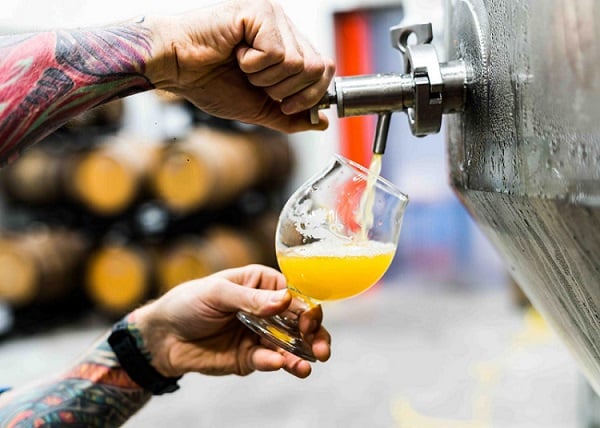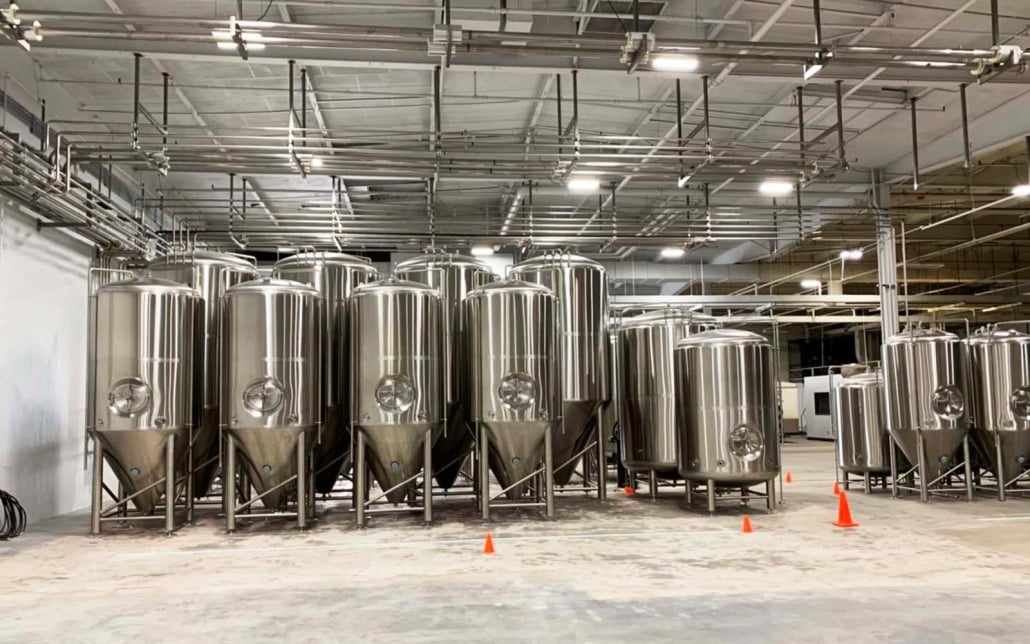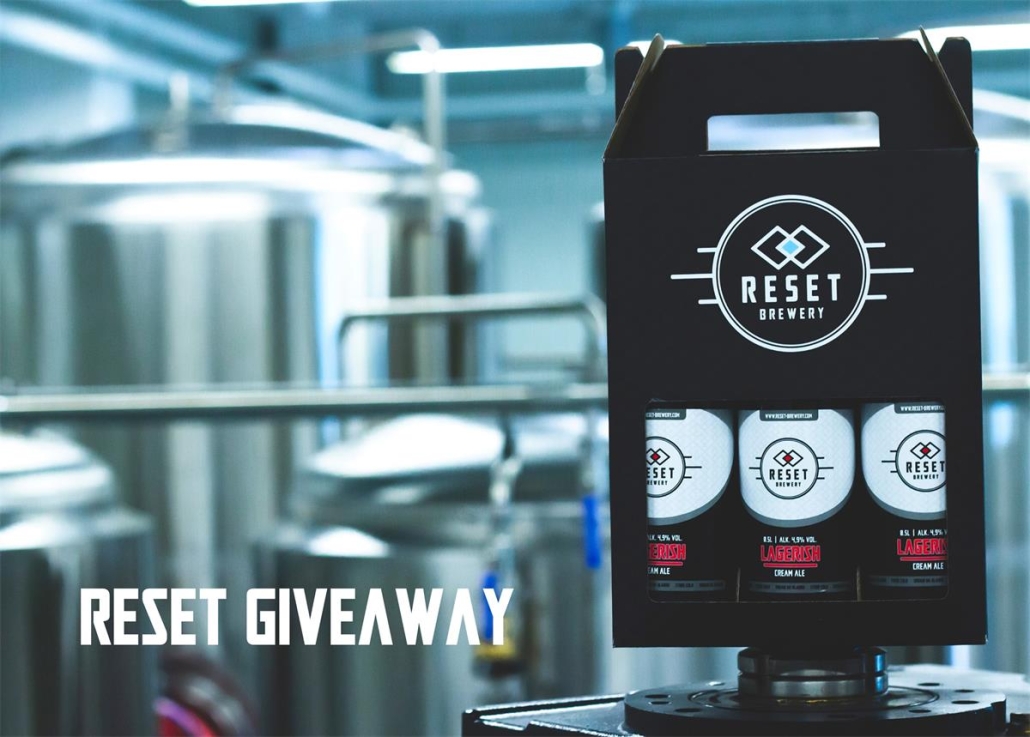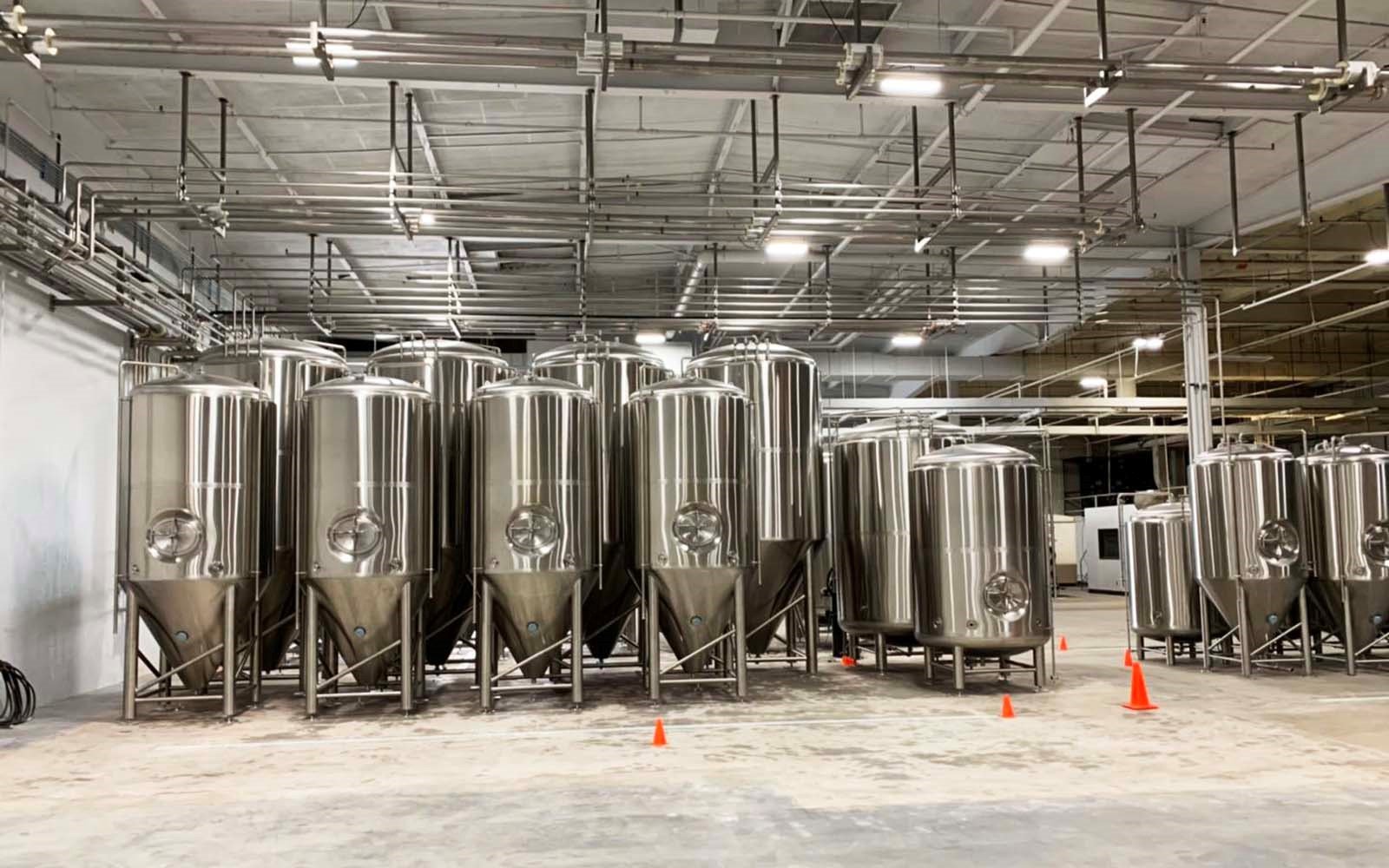How does a micro-brewery work as a business?
Micro-brewery is a small scale craft beer business which includes making beer in small quantity and the business is independently owned. The bench-mark of a micro-brewery business is the quality, taste and unique brewing techniques used to set brewers apart.
In the USA, about 15000 barrels of craft beer is sold annually and the statistics seem to be rising consistently. How to start off and actually make micro-brewery work as a business is some crafty business in-itself.
We must face these questions;
- Funding
- Business operation model
- Selection of brewing equipment suppliers
- And, what hurdles your brewery plan will need to overcome, what problems will it encounter.

Before raising your capital, the best first step you can take is undoubtedly to call or visit your local brewery, bring a pen and paper, and ask them everything.
Most people will be truly responsive and fully transparent about how their business operates. They will tell you how they got started and what problems they ran into. From there you can decide if owning a brewery is really the route you want to go.
However, in order to make that decision, you must first understand what you are doing.
Research all necessary licenses required to conduct business. Each state has different hurdles to overcome, and unfortunately, most of them were overlooked in the early days of building a beer company. Everything you do is pointless without a license and permission.
Some items that need further clarification:
- Breweries need special purpose manufacturing equipment such as malting systems, small/medium/large custom brewing system, fermenters, steam generators, cooling equipment, filling equipment, and CIP cleaning systems, etc. These all require professional suppliers to design, manufacture and install.
- Beer production raw materials: malt, yeast, hops and other raw materials, and use professional brewing to make delicious beer from these raw materials.
- Expertise: A Brewmaster is someone with a high degree of expertise in the brewing process and the use of specialized equipment, which is essential.

If you already have a simple understanding of the above, then congratulations, you have qualified to become a potential brewer. However, to be a successful brewer, it is essential to constantly learn new sales models and methods.
Below are some great suggestions from our many successful brewer partners;
Pick a business model
Micro-brewery business differs from state to state. Each state in the US has its pre-defined alcohol laws and you must abide by the rules. First and foremost it is important to decide the segment of the brewing market you want to pave your way to. The Brewers Association for Small and Independent Craft Brewers has separated the craft beer industry into 4 segments. These are:
- Micro-brewery: selling less than 15,000 barrels yearly with 75% of it being sold offsite. Taprooms are used for offsite beer sales.
- Brewpubs: 25% of craft beer is sold offsite at these restaurant breweries. Wine and spirit can also be bought and sold from other manufacturers.
- Contract Brewing Company: Brewers making high-quality craft beer are hired to make quality and locally brewed beer for their company. The company is in charge of advertisement, sales and distribution of the beer but not manufacturing.
- Regional Craft Brewing: this includes traditional or innovative beer brewing, however, it still has vague outlines which need clarity.
Know what’s legal
A 3-tier system is enforced by each state to be followed by brewers. The three-tier system is separated as; the production of beer, distributors and sellers or retailers in the state. Usually, breweries depend on distributors to sell beer so a good relationship is essential to be established between brewers and distributors.
The Brewers Association is a good resource is you want to look into a state’s law:
- The Barrel Cap laws
- Self Distributions Laws by State
- Brewery Sampling and sales law
Choose a good location
Micro-brewery business can’t thrive in areas which are remote and distant. Before choosing a location for a startup, make sure you have taken a market survey. A few factors to consider before you choose a location are:
- Asses the number of local brewery plants already persisting in the area you are planning to start your setup at.
- Feasibility of reaching to the distributers, where they are located in that area and their availability to deliver your craft beer to the retailers.
- You should have studied the state laws thoroughly of the state where you plan on setting up your plant.
- The security, parking, and the traffic that the area received every day.
- Make sure your micro-brewery business is located in a residential area to attract buyers.
Your brand Image
Your brand says a lot about the quality of the beer you are offering. Make sure your logo is catchy and intriguing enough to make your beer trial worthy. Use both print as well as electronic media to advertise your brand. Its human nature to try out new beverages out of curiosity so make sure you are emphasizing on the advertising bit. Target your customers and what experience they can have from your beer that others don’t offer.
How to make potential customers
You must make it a habit to take customer feedback so that you know where to improve. Don’t ever compromise on the taste of the beer, ensure the taste is the same from the first fresh glass of beer to the last one. Give your customers a variety of craft-brewed beers to pick from so they can explore their taste niche.
Make the availability of your beer viable in certain areas you can cover and cater to. Let customers order your locally brewed beer delivered to their locations.

Packaging matters
The way you present your product speaks volumes about your quality and experience. Something that looks good is meant to taste good too so don’t compromise on the quality or packaging. Two options are greatly picked from when selling beer that is in cans or bottles.
A packaging can benefit your microbrewery business as you can customize it providing details and ingredients used in brewing highly quality beer. For the startup, you can go for DIY techniques which will cost you less and you can control the quality of your packaging system as well.
Conclusion
To conclude, local beer brewing business is growing rapidly but before you plan on starting one, you must know these basics of getting the most out of a Micro-brewery business!
From equipment costs to brewery size, construction costs and licensing, brewery operating costs can vary widely depending on your specific operation.
When estimating the price of your investment, YoLong build each brewhouse on a case by case basis. The size and capacity of the brewhouse depends on what scale beer production is planned by the client. The brewhouse has different level of automatic control levels. We have Multiple types of equipment are available as well as brewery equipment financing options to help you get up and running.
Frequently Asked Questions (FAQ)
1) What are the core revenue streams for a micro-brewery business?
- Taproom draft sales, wholesale keg/case sales, merchandise, events, and limited DTC where legal. Taproom-first typically delivers the highest gross margins.
2) How should a micro-brewery choose its business model?
- Match model to local laws and demand: taproom-focused for margin and brand building; distribution-focused if you have sales muscle and capacity; hybrid if zoning supports both.
3) What KPIs matter most in year one?
- Brewhouse turns/week, draft margin %, COGS/bbl, labor as % of sales, packaged DO/QA pass rate, and cash runway months.
4) When should a micro-brewery add packaging (cans/bottles)?
- After achieving stable taproom demand and predictable tank turns. Start with mobile canning or small counter-pressure filler to test velocity before buying a full line.
5) How do self-distribution laws impact go-to-market?
- Where permitted, self-distribution can accelerate placement and margin but requires route planning, cold storage, and sales compliance. Where prohibited, cultivate distributor relationships early.
2025 Industry Trends: micro-brewery operations and economics
- Taproom-first resilience: fewer SKUs, rotational seasonals, and experiential events drive higher revenue per bbl.
- Smarter utilities: heat recovery, VFDs, and insulation cut energy cost/bbl by 10–18% and unlock green incentives.
- Compliance-by-design: wastewater pretreatment and CO2 monitoring embedded at build-out to avoid retrofits.
- Data-driven QA: routine DO checks, SPC fermentation tracking, and sensory panels standard even at nano/micro scale.
- Financing stacks: SBA loans, equipment leases, local grants, and energy rebates commonly combined to lower upfront cash.
2025 Benchmarks for Micro-Brewery Performance
| Metric | Taproom-First | Distribution-Heavy | Notes/Sources |
|---|---|---|---|
| Gross margin (draft) | 65–75% | 45–55% | Brewers Association small brewery data |
| Brewhouse turns/week | 3–5 | 4–7 | Capacity planning benchmarks |
| Labor as % of sales | 18–28% | 22–32% | BA benchmarking |
| Energy savings with heat recovery/VFDs | 12–18% | 10–16% | MBAA case studies |
| Time-to-breakeven (median) | 10–18 months | 14–24 months | BA member surveys; varies widely by market |
References:
- Brewers Association (BA): https://www.brewersassociation.org
- Master Brewers Association of the Americas (MBAA): https://www.mbaa.com
- U.S. Small Business Administration (SBA): https://www.sba.gov
Latest Research Cases
Case Study 1: Taproom-Centric Launch Improves Cash Flow (2025)
Background: New micro-brewery in a suburban market needed rapid path to profitability.
Solution: Opened with a 7 bbl brewhouse, limited SKUs, events calendar, and heat recovery to HLT; deferred canning, used mobile canner for two seasonal drops.
Results: Month-12 brewhouse turns at 4.2/week; gross margin 71% on draft; utility cost/bbl down 15% vs. regional peers; breakeven achieved in month 11.
Case Study 2: Self-Distribution Pilot then Hybrid Distributor Model (2024)
Background: Brewery sought market validation before signing with a wholesaler.
Solution: Six-month self-distribution to 40 accounts with disciplined route planning and cold storage; transitioned to hybrid distributor in year 2.
Results: 130% account growth; draft velocity maintained post-transition; improved payment cycles and reduced driver labor by 0.6 FTE.
Expert Opinions
- Bart Watson, Chief Economist, Brewers Association
Key viewpoint: “Right-size capacity to your primary channel. Taproom-first micro-breweries with disciplined SKU counts typically see faster payback and more resilient margins.” - Maria Pearman, CPA, Author (Financial Management for Craft Breweries)
Key viewpoint: “Under-capitalization is the top risk. Carry 3–6 months’ working capital and forecast cash weekly during the first year.” - Ashton Lewis, Brewing Scientist and MBAA contributor
Key viewpoint: “Quality is a business strategy. Invest early in cleanability, QA checks, and process control—your brand depends on consistency.”
Practical Tools/Resources
- Brewers Association: benchmarking, state law resources, safety and draught quality
https://www.brewersassociation.org - SBA loan programs (7(a), 504) and local SBDC support
https://www.sba.gov - DSIRE database for energy incentives (US)
https://www.dsireusa.org - MBAA Technical Quarterly: utilities, QA, CIP best practices
https://www.mbaa.com - Draft quality and distribution basics
Brewers Association Draught Quality Manual (free PDF on BA site)
SEO note: Internally link to “micro-brewery business model,” “taproom-first strategy,” “equipment financing,” “brewery utilities and drains,” and “QA for micro-breweries.”
Last updated: 2025-08-28
Changelog: Added 5 FAQs; 2025 performance benchmarks table; two recent case studies; expert viewpoints; and curated tools/resources for running a micro-brewery
Next review date & triggers: 2026-02-01 or earlier if BA updates benchmarking data, state self-distribution laws change, or energy/utility incentive programs are revised
Share this entry
Interested in learning more about Brewing Systems including additional details and pricing information? Please use the form below to contact us!
YOLONG BREWERY EQUIPMENT FAQS
- Commercial Brewery / Craft Brewery / Microbrewery / Nanobrewery
- What is The Difference Between Craft Beer and Industrial Beer?
- The Bespoke Differences In Custom Brewing Systems
- Everything You Need to Know About Kettle Souring
- How to Choose Brewing Equipment for Your business?
- How To Choose The-Best Partner To Build Your Commercial Microbrewing System?
- Two Detection Sensors That You Need To Use In Your Brewhouse System
- Remote Control Applications in Brewing Equipment/How does it work?
- How To Clean Your Brand New Brewery Tanks?

